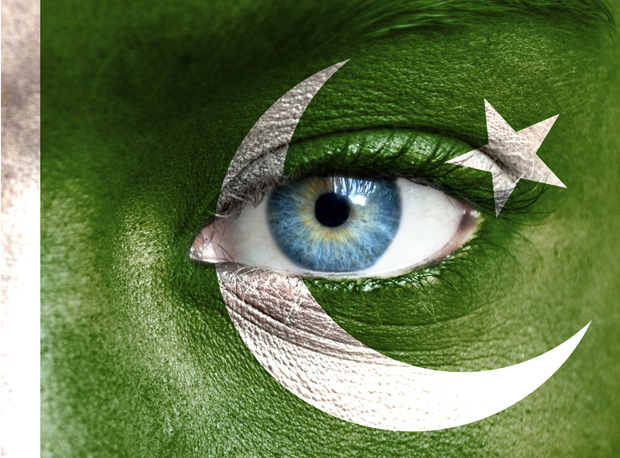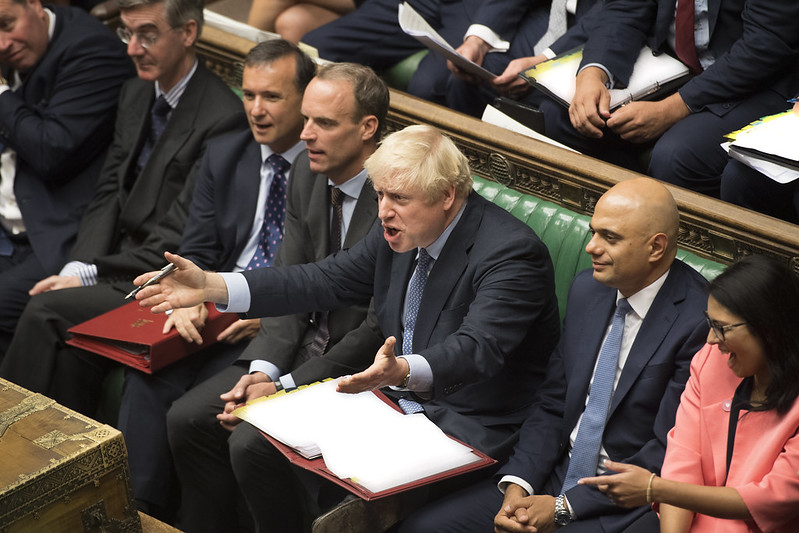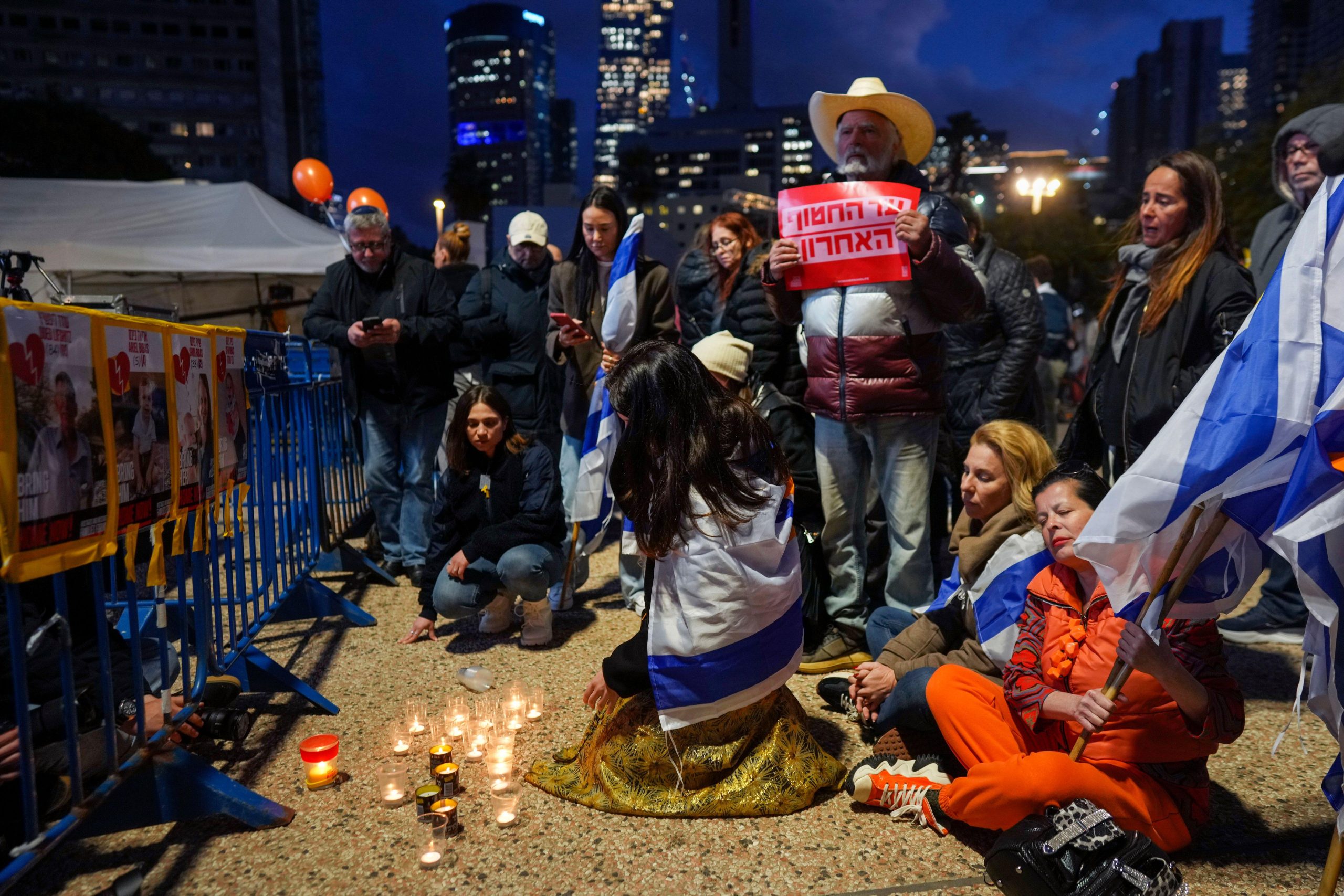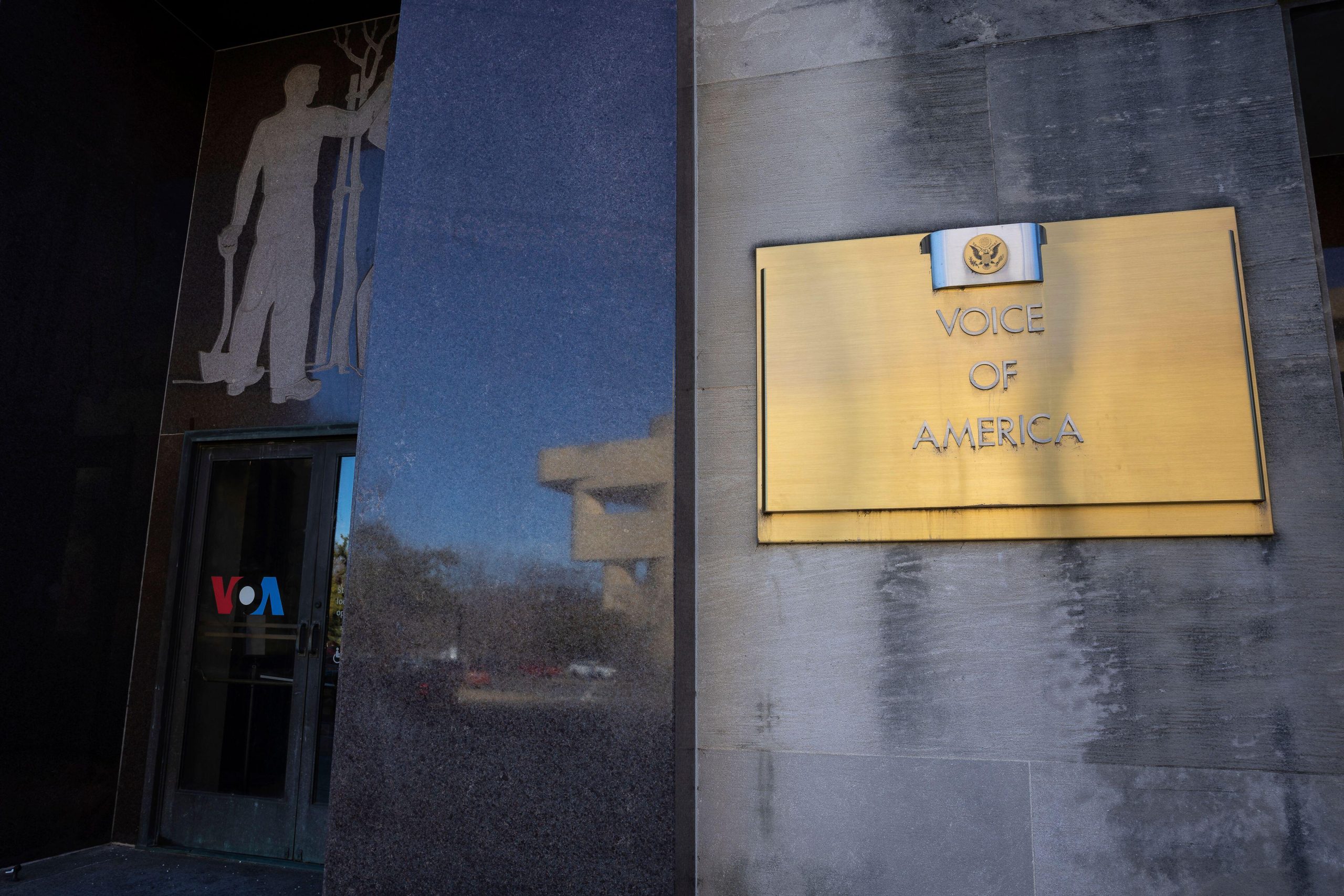Pakistan’s record of abuse of its dubious blasphemy law has been criticised by a report from the US Commission on International Religious Freedom. The country currently has 14 individuals known to be on death row while 19 others are serving life sentences on charges of committing blasphemy.
Take for example the case of Aasia Bibi, accused of insulting the prophet Muhammad. The 45-year old Christian and mother of five says she was “falsely accused to settle an old score”. In jail since June 19, 2009, she has yet to have her appeal heard. Sameena Imtiaz, founder of Islamabad-based Peace Education Development Foundation (PEAD) says the commission’s findings are another “reminder of the religious intolerance that has permeated the society at large”. The hearing on March 17, before the Lahore High Court was “cancelled by order” yet again, informed her lawyer Mohammad Yasin Badar, who does not know the reason. “I got a text message from the court,” he said but surmises: “This is a very sensitive case.”
But while Bibi may be only Pakistani woman to have been sentenced to death for blasphemy, she is not alone. In November 2013, a 72-year old homeopath doctor Masood Ahmed, a British national of the minority Ahmadi sect, which has been declared non-Muslim by the constitution, was jailed for discussing Islam — a criminal offence punishable with death under Section 295-C of the Pakistan Penal Code (PPC). His conversation was filmed using a mobile phone in which he is seen reciting verses from the Quran. He has been released on bail. Then there is a mentally ill, 69-year-old British citizen, Mohammad Asghar, convicted in January this year, for sending letters proclaiming he was Prophet Mohammad. He remains in prison today.
The original blasphemy law, drawn up by the British and amended in 1986 by then-dictator General Zia-ul-Haq, puts in place a mandatory death sentence under section 295-C. Imtiaz says since the amendment more than a 1,000 cases have been registered against Ahmadis, Christians, Hindus and even Muslims.
The National Commission for Justice and Peace has also been keeping a close watch on the numbers. According to them, from 1987 to 2013, as many as 1,281 people have been charged, of which 616 are Muslims, 474 Ahmadis, 171 Christians and 20 Hindus.
Pakistan has never executed anyone under the offence but the between 1990 to 2012, several of the accused have been killed in associated vigilante violence outside the courts or in prisons.
According to a report by the Islamabad-based Center for Research and Security Studies, since 1990, extra judicial murders of 52 accused have taken place.
In its State of Human Rights in 2012 report, the independent Human Rights Commission of Pakistan states: “Abuse of the blasphemy law continues to take a heavy toll in terms of human lives and harassment of citizens.”
“The sheer number of cases registered in the past 25 years suggests the law has been widely abused,” concedes Imtiaz, adding that investigations have revealed that often the reasons for the abuse stem from personal enmity, property disputes, religious hatred.
“Decades have passed but none of the governments that followed, found the courage to repeal the discriminatory laws that have contributed significantly to intolerance, violence, bigotry, hate and injustice in the country,” says Bushra Gohar, a senior member of the Awami National Party. A legislator in the last assembly, she had submitted a bill in the assembly for the repeal of the blasphemy clauses inserted by Zia ul Haq, but it was never tabled in the assembly.
And for that reason, says Imtiaz there was an urgent need for debate to include “all segments of society on the pros and cons of the law and how it is abetting religious intolerance”.
In the meantime, she said, “an effective counter law that prohibits the abuse of the law for settling personal gains and inciting hatred” should be implemented. “The current law is not only vague but is rarely put to use due to fear of persecution and pressures,” she points out.
There have been half-hearted attempts to initiate a debate but after two high profile assassinations — of Punjab governor, Salman Taseer and minister for minorities, Shahbaz Bhatti — took place, for speaking on Bibi’s behalf and opposing the blasphemy laws, all efforts have been stalled.
“Political expediency, compromise and appeasement of a handful of religious extremists have prevented each subsequent government to initiate a meaningful debate, or even initiate pertinent legislation in the parliament to repeal or amend the discriminatory laws that continue to play havoc with the lives of women, minorities and the poor,” Gohar said.
Citing the recent torching of a temple in Larkana, in Sindh over blasphemy allegations, she says: “It shows how easy it is to incite mob violence and as in numerous similar cases in the past the root cause will not be addressed.”
According to the former legislator, strong political will is seriously lacking to review and amend or repeal the blasphemy law. “We cannot hope for justice for the victims and their families if we cannot even have an open debate on the discriminatory laws in the parliament and if the parliament, the courts and the government are threatened, coerced and silenced by a bunch of religious extremists.”
The annual report prepared by the Commission on International Religious Freedom looks at the state of religious freedom around the world.
This article was posted on March 18, 2014 at indexoncensorship.org





